Business Safety Tips
How can I disaster-proof my business?
Businesses that recover quickly are those that plan in advance. This involves not only purchasing the right insurance, but also developing and maintaining an adequate recovery plan.


Minimize the risk of damage in advance of an emergency by
- Training employees in fire safety, particularly those responsible for storage areas, housekeeping, maintenance and operations where open flames or flammable substances are used.
- Modernizing the electrical system since faulty wiring causes a large percentage of nonresidential fires.
- Situating your business in a fire-resistant building – a structure made of non-combustible materials with firewalls that create barriers to the spread of fires – and in a building with a fire alarm system connected to the local fire department. It is also a good idea to have a sprinkler system to douse fires.
- Limiting storm-related damage by making sure the building conforms to damage-resistant building codes.
Develop a disaster recovery plan by:
- Keeping up-to-date duplicate records of both computerized and written records. Under federal law, if companies fail to maintain and safeguard accurate business records, the company may still be held liable.
- Identifying the critical business activities and the resources needed to support them in order to maintain customer service while your business is closed for repairs.
- Planning for the worst possible scenario. Do research before a disaster strikes by finding alternative facilities, equipment and supplies, and locating qualified contractors to repair your facility.
- Setting up an emergency response plan and training employees how to execute it.
- •onsidering the resources you may need to activate during an emergency such as back-up sources of power and communications systems. Also, stockpiling the supplies you may need such as first-aid kits and flashlights.
- Compiling a list of important phone numbers (including cell phone numbers) and addresses including, local and state emergency management agencies, major clients, contractors, suppliers, realtors, financial institutions, insurance agents and claims representatives. The list should also include employees and company officials. Keep copies off the premises in case the disaster is widespread.
- Deciding on a communications strategy to prevent loss of your customers. Clients must know how to contact your company at its new location. Among the possibilities to explore, depending on the circumstances, are posting notices outside the original premises; contacting clients by phone, e-mail or regular mail; placing a notice or advertisement in local newspapers; and asking friends and acquaintances in the local business community to help disseminate the information.
- Review your plan on a regular basis and communicate changes to key employees.
ALL RIGHTS RESERVED – Insurance Information Institute, Inc.
